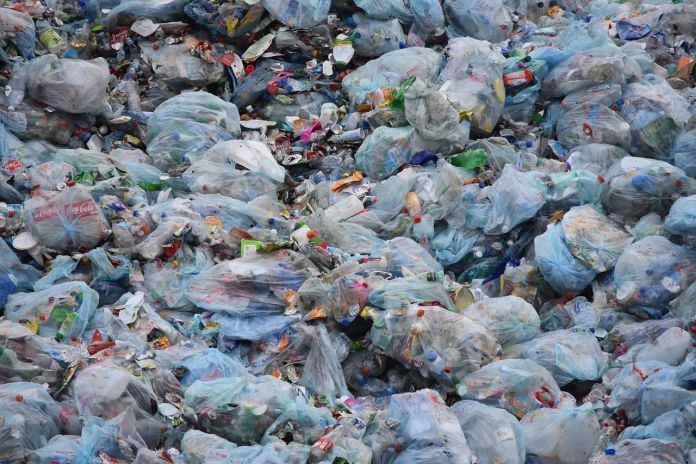Plastic pollution is rising in very large amount. Even every person is responsible for plastic waste. But there are some scientists who proved, plastic materials can also be recycled. For example, researchers are creating shoes from plastic waste.
Researchers from the Indian Institute of Petroleum, Dehradun have invented a technology that can convert plastic waste into high-grade petrol, diesel or aromatics.
Isn’t it so strange that plastic waste can create fuel energy? But this is truth. The petrol, diesel or aromatics created by plastic waste will cost Rs.30 to Rs.40 per liter.
In India, the prices of petrol, diesel is a misery for everyone. And, they are only expected to rise in the future with the increasing number of private vehicles. In addition, non-biodegradable waste is another issue that some people are a concern for. But, this technology solves both of the problems at the same time.
The technology converts plastic waste into gasoline, diesel or aromatics through the use of a combination of suitable catalysts. It also produces LPG as a common by-product. The Fuel energy produced by this technology has high quality because of nil Sulphur content. It also can be mixed with ordinary fuel and is believed to have better lubricity and combustion quality than regular low-Sulfur fuel.
IIP Director M.O. Garg said, “We have applied for a patent. We developed this after nearly a decade of intensive research. We are now planning to commercialize the technology although we are still engaged in the process of engineering to design heavy machinery and processes.”
“The current prices of petrol, which is derived from crude hydrocarbons, range between Rs 70 to Rs 80 per liter. Petrol, in this case, costs Rs 30 to Rs 40 per liter, inclusive of the cost of plant, operations, manpower and land cost,” he added.
According to researchers, this technology leads to vastly reduced emissions from engines. The fuel is said to be ideal for captive users like the state road transport corporations, the defense establishment, and railways.
Also Read:
- An Electric Bus That Can Charge In 15 Seconds
- Self-Balancing Riderless Motorcycle
- Hybrid Electrical Vehicles
- Innovative OPOC Engine: Opposed Piston Opposed Cylinder Engine
